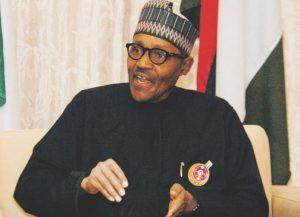
World Bank President, David Malpass
Nigeria is set to get a part of a $93 billion replenishment package from the World Bank through the International Development Association to help its economy.
Nigeria is one of the 74 other poor countries that will benefit from the finance package, which was agreed upon during a two-day virtual conference hosted by Japan.
48 high and middle-income countries have committed to support with $23.5 billion, while the rest of the financing would come from capital market financing, repayments, and World Bank contributions, making it the largest amount ever mobilised by the IDA in its 61-year history.
According to a statement on the bank’s website, World Bank Group President David Malpass applauded the support poor countries were getting to help them recover from the economic effects of the coronavirus pandemic.
Malpass was quoted as saying, “Today’s generous commitment by our partners is a critical step toward supporting poor countries in their efforts to recover from the COVID-19 crisis.
“We are grateful for the confidence our partners have in IDA as a non-fragmented and efficient platform to tackle development challenges and improve the lives of millions of people around the world.”
The statement also noted that the IDA looks to address other major development challenges such as gender inequality, job creation, and situations of fragility, conflict and violence, including in the Sahel, the Lake Chad region, and the Horn of Africa. A continued emphasis on governance and institutions, debt sustainability, and digital infrastructure interventions will help foster economic and social inclusion.

The World Bank added that the replenishment package would help address health issues and provide a social safety net in the countries that would benefit from it.
“With this strong package, IDA will be able to scale up its support in the pandemic and address health challenges, helping 400 million people receive essential health and nutrition resources. The social safety nets program is also expected to reach as many as 375 million people,” the statement added














